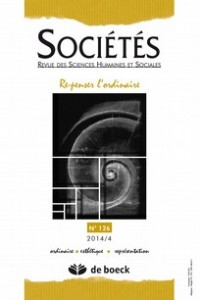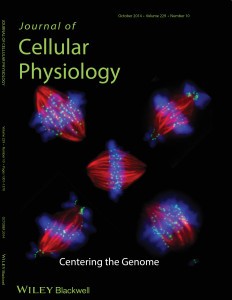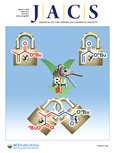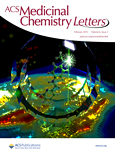 The world, it seems, cannot get enough of Sokal-type hoaxes.
The world, it seems, cannot get enough of Sokal-type hoaxes.
A French journal, Sociétés, has retracted an article allegedly penned by one Jean-Marc Tremblay but actually written by two sociologists, Manuel Quinon and Arnaud Saint-Martin, who spoofed the work of the journal’s editor, Michel Maffesoli.
As the Crooked Timber blog explains, the article, “Automobilités postmodernes: quand l’Autolib’ fait sensation à Paris,” published in the Continue reading So-kalled research: French sociology journal retracts hoax article








